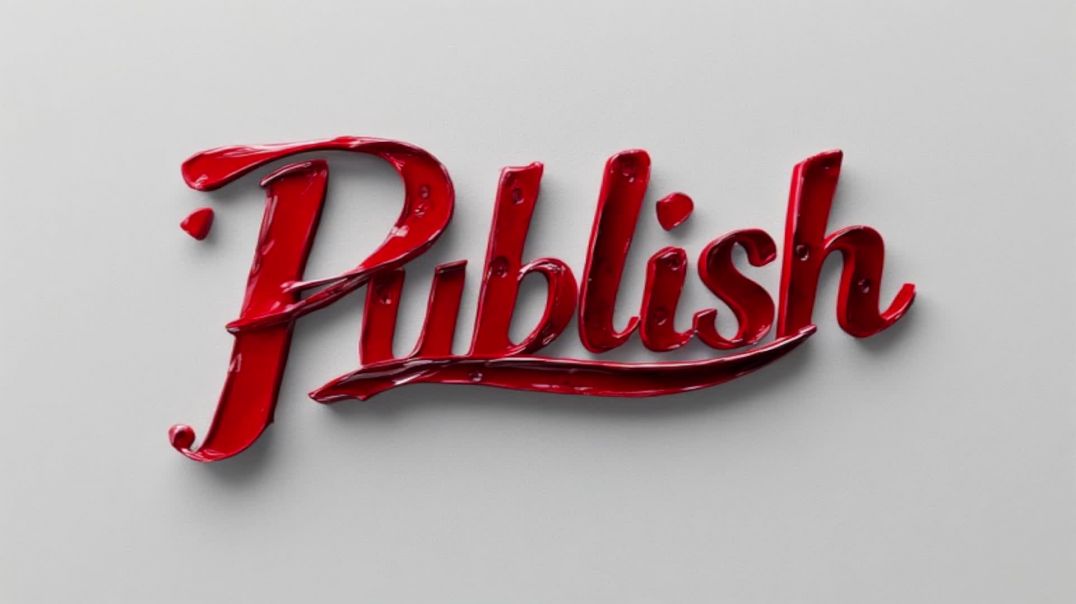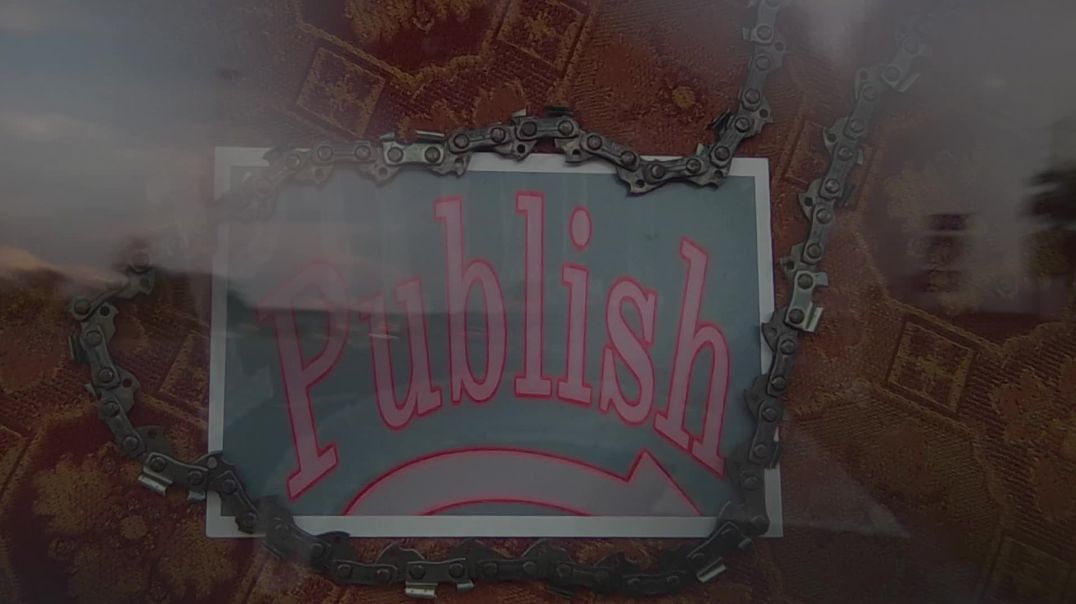Live streaming on Altcast.TV is now available!
REFINED VEGETABLE OILS ☠ [MULTI PRONGED ATTACK]
WHAT ARE REFINED OILS AND WHICH ONES SHOULD YOU AVOID?
Let’s begin by clarifying that healthy fats are an essential part of healthy living. But not all fats are created equal.
Olive oil, for example, that is UNrefined, uses olives that have been pressed to extract the oil. There ARE health benefits to using pure, unrefined olive oil.
With that being said, let’s dive a little deeper in the refining process.
Definition: Oil that has been refined has been altered by using chemicals that are harmful to us. In short it means to ‘purify’.
But the meaning of purify has many definitions. It may mean the oil was treated with acid, or purified with an alkali, or bleached. It can also be neutralized, filtered or deodorized. All of which require chemicals like Hexane.
In the process of making and refining these types of oils, it leads to PUFas (rancid polyunsaturated fatty acids) which DO NOT hold up well to high heats. In the process of being extracted from the seed these oils oxidize and turn into trans fats. The smell is so rancid that a cleaning process has to take place using bleach to deodorize it.
REFINED OILS YOU SHOULD AVOID:
Canola oil
Vegetable oil
Soybean
Safflower
Corn oils
Margarine (or any other ‘buttery’ spread)
As dangerous as refined oils can be to our health, even more dangerous is the repeated use of Hydrogenated oils (Crisco and margarine). These are some of the most dangerous products on the market today! They have been BANNED in 2 European countries, but are still deemed safe in the United States.
Hydrogenated oil is made by forcing hydrogen gas into oil at high pressure. The more solid the oil is the more hydrogenated the end product, such as margarine and Crisco or lard.
When hydrogenated oils are made the healthy fats are converted into a new type of fat, known as trans fat. This is one subject that has overwhelming support from Doctors, scholars, and scientists alike.
Trans fats should be avoided while healthy fats (found in olive oil, nuts and avocados) should be eaten.
Trans fats are so bad for you, the FDA estimated approximately 95% of prepared cookies, 100% of crackers and 80% of frozen breakfast products contained trans fats [source: Govt Publishing Office]
Now that trans fats have to be labeled on products, most companies have removed them from their products. Sneaky, huh?
WE CAN CONTROL WHAT WE BUY AND PREPARE IN OUR OWN HOMES, BUT WHAT IF WE DINE OUT? HOW CAN WE KNOW WHAT TYPES OF OILS RESTAURANTS ARE USING?
California’s governor recently signed legislation to phase out trans fats from restaurants and baked goods in bakeries [Natl Conference of State Legislatures] and New York city became the largest city in the nation to demand restaurants, cafeterias and schools go trans free.
The best advice I can give is to ASK. Don’t be shy to ask the waiter if the salad dressing is made in house or store bought. Ask what types of oils they use when they cook. Don’t turn a blind eye.
Most restaurants will put the bottom line (their profits) over your health. I hate to say that, but it’s true.
SO WHICH OILS ARE SAFE THEN?
1. Extra Virgin Olive Oil
Although Extra virgin olive oil contains a high amount of saturated fat (about 12%) it is one of the few unrefined oils. This means the antioxidants in the original fruit are retained because the oil is extracted by machine only.
Olive oil is usually good 3-12 months after it has been bottled. After 2 years you can expect the fruity flavors to begin disappearing. It is best to buy your oil from a local store that specializes in oils. Purchase them in smaller quantities so they are not sitting in your pantry for months. And NEVER store them over the stove. Keep the bottle sealed and avoid light if possible.
2. Olive oil
This can be tricky because plain olive oil is usually a blend of refined, virgin and extra virgin olive oils. Read the label to know what you are getting.
3. Organic Butter
Butter, like eggs and coconut oil, have been given a bad rap. These are the same marketers who said aspartame and margarine were healthy choices! Butter is a good, safe, WHOLE FOOD choice.
The best choice would be butter from raw milk grass fed cows and the second choice, which is more accessible to most of us, is organic, which is from milk of grass fed cows with NO rBGH injected into them.
4. Coconut oil
Coconut oil is the least fattening of all oils. It got a bad rap back in the 1970s, but the misinformation out there is outdated and coconut oil is one of the better oils for you.
THE BOTTOM LINE:
Try to avoid any refined oils – period. They are cheap. They are processed and they are downright dangerous to your health.
https://happilyunprocessed.com..../the-basics/refined-













![MEN BEATEN IN TEEN ATTACK 📰 [GUARANTEED YOU WILL NOT SEE THIS ON THE 5 O'CLOCK NEWS TODAY]](https://s3.us-central-1.wasabisys.com/altcast1/upload/photos/2025/08/jOhqvLKTgCW4WGTI3wop_08_4c2cc08552584ec774d85998886fc4f6_image.png)

![HOW THEY CALCIFY THE PINEAL GLAND❗ [THE FOUR POINT MULTI PRONGED ATTACK]](https://s3.us-central-1.wasabisys.com/altcast1/upload/photos/2025/07/nC6Eh85Ijhza3lGaJ2Y3_16_4a3d7a66c07f207c4e357f1eadc325a4_image.png)





